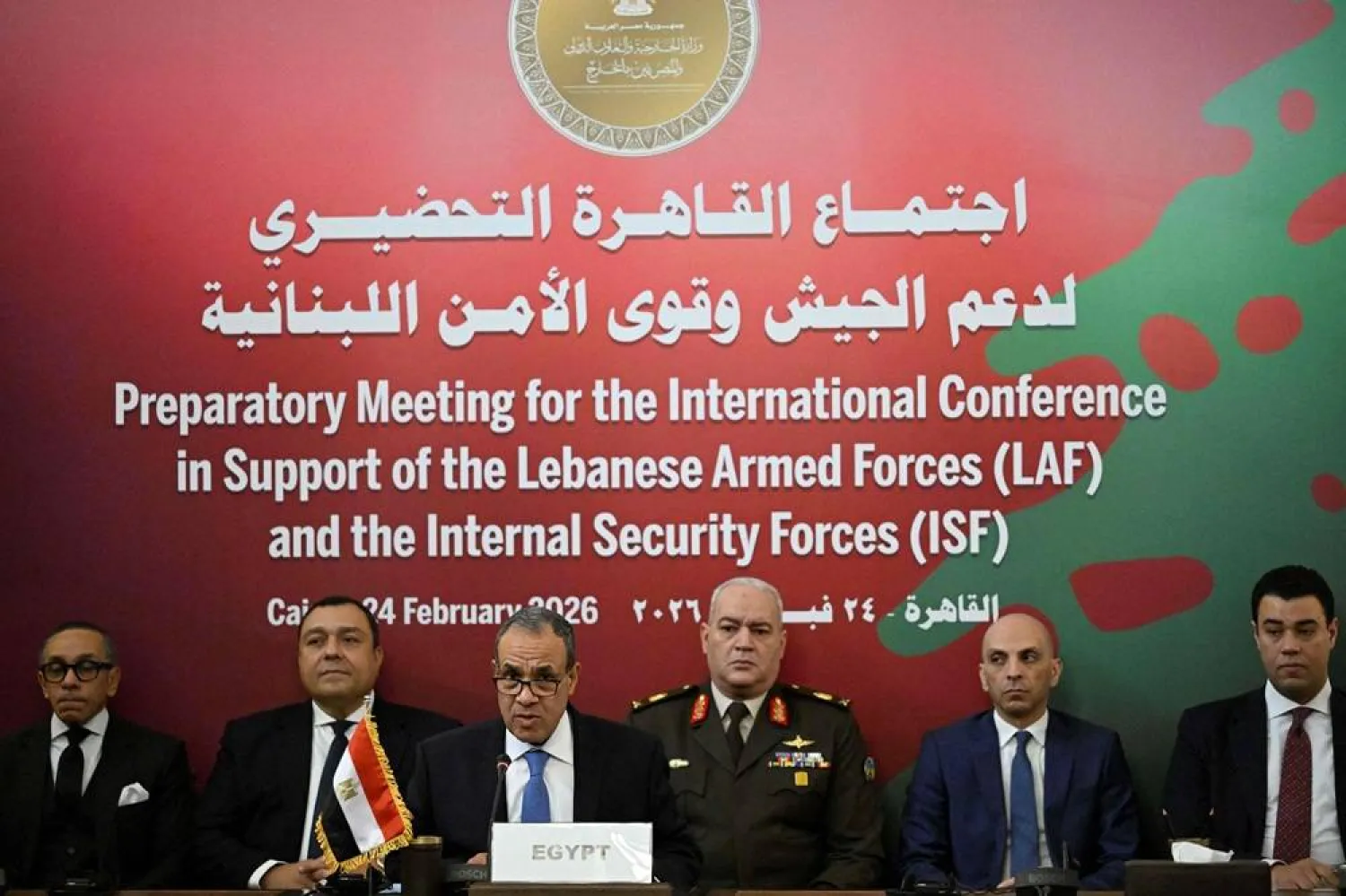Chairwoman of the Russian Federation Valentina Matviyenko started on Wednesday discussions in Algeria with its officials, mainly the scheduled visit of Algerian President Abdelmadjid Tebboune to Moscow in May.
Meanwhile, President of Eurojust the European Agency for Criminal Justice Cooperation Ladislav Hamran has pledged to assist Algeria in its efforts to restore funds smuggled abroad by state officials who were charged with corruption.
During the visit, Matviyenko will meet heads of both chambers of the Algerian parliament Salah Goudjil and Ibrahim Boughali as well as the Algerian president.
The visit would cover the cooperation in parliament, economy, and military between Algeria and the Russian Federation, the war in Ukraine, the developments in the Palestinian cause, and the political and security crisis in Libya, as well as the Sahara dispute.
An Algerian parliamentarian source reported that the Russian official would discuss the upcoming visit of the Algerian president, which would be concluded with the signing of key agreements in the economy, trade, and warfare industries.
Secretary of the Security Council of the Russian Federation Nikolai Patrushev visited Algeria last month and held talks with Algerian Army Chief of Staff, Lt. Gen. Said Chengriha, on the “military cooperation between the two countries”.
Furthermore, a bipartisan group of US lawmakers sent a letter in Sep. to US Secretary of State Antony Blinken, calling for sanctions against Algeria for its arms deals with Moscow.
According to several international reports, Algiers is the third largest importer of Russian arms in the world. Moscow is said to be the top supplier of the Algerian army in weapons and military systems.
Algeria is the second trading partner to Russia in the African continent, with trade reaching $3 billion in 2021.
Eurojust announced that it is willing and committed to providing Algeria assistance to deal with files for the recovery of looted funds and assets abroad, Hamran said during his meeting on Friday in Algiers with the Secretary General of the Ministry of Foreign Affairs and National Community Abroad, Ammar Blani.
The Algerian Foreign Ministry's statement quoted Blani confirming that "the Algerian authorities wish to launch close cooperation with the agency, to benefit from its extensive expertise and distinguished experience in the field of freezing, confiscating and recovering funds and assets transferred abroad through illegal means."
The Algerian official expressed "the desire of his country's judicial authorities to strengthen relations and cooperation between them and the EU member countries."
The EU High Representative for Foreign Affairs, Josep Borrell, confirmed Tuesday, after his visit to Algeria and his meeting with Tebboune, that the two sides discussed the file of smuggled funds, and that the EU is ready to support Algeria in this regard.









